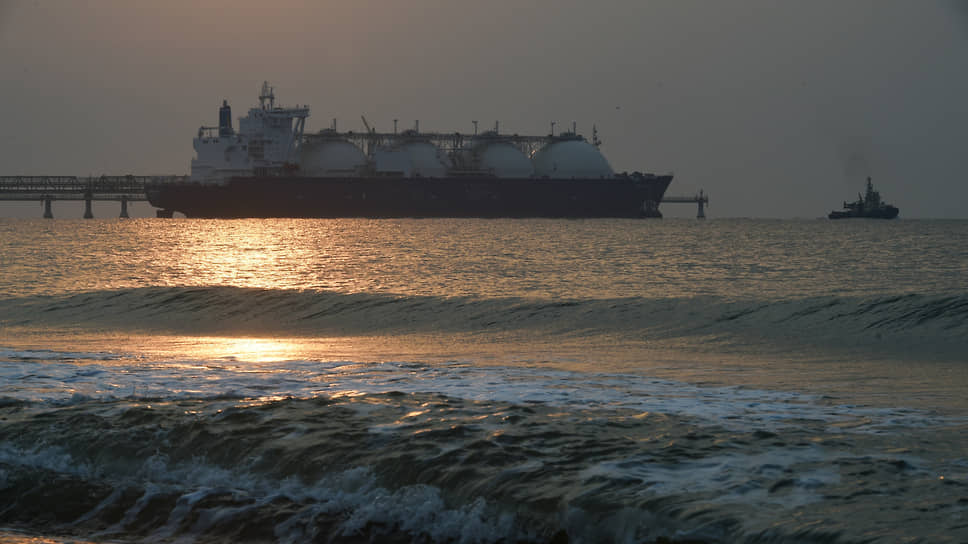Israel’s halt to production at Tamar could affect LNG supplies to the EU
[ad_1]
Israel has decided to temporarily stop gas production at one of its largest fields, Tamar, located on the shelf near the Gaza Strip and within range of Hamas missiles. Domestic consumers continue to receive gas from the country’s largest field, Leviathan. The shutdown of Tamar, whose gas was also exported to Egypt, could mean a reduction in the load on Egyptian LNG plants and thereby a reduction in LNG supplies to Europe in the winter.
The Israeli Ministry of Energy has instructed the American Chevron to suspend production at the Tamar gas field, located off the coast of the country near the Gaza Strip. Most of the supplies (up to 80%) from the field go to the domestic market, the rest is for export.
War between Israel and Gaza Strip started October 7 after Hamas attacks on Israeli cities. As a result of hostilities, Tamar offshore gas installations located within reach were also threatened launched rockets from the Gaza Strip. “Due to this situation, the Israeli Defense Ministry has ordered a temporary suspension of natural gas supplies from the Tamar field,” according to a statement from the Israeli Ministry of Energy. The report states that the energy needs of the economy, including thermal power plants, will be met by alternative fuels.
The move will allow the government to distribute natural gas to consumers in case of supply shortages, the ministry said.
In recent years, Israel has increased gas production thanks to the launch of the Tamar fields (production in 2022 – 10.2 billion cubic meters), Leviathan (11.4 billion cubic meters) and Karish (0.3 billion cubic meters, production expected in 2023 at 6. 5 billion cubic meters). Domestic consumption in Israel reached 12.7 billion cubic meters in 2022, while 9.2 billion cubic meters of gas were exported to Egypt and Jordan.
Egypt has been purchasing Israeli gas since 2018, mainly to feed its LNG plants in Idku and Dumyate, which were previously idle due to a lack of raw materials. The main consumers of this LNG are the countries of southern Europe, which agreed on additional supplies against the background of a decrease in gas purchases from the Russian Federation. However, Egypt’s growing energy needs have led to the fact that LNG supplies to the EU have been suspended since the summer and gas is consumed domestically. Israeli gas is exported to Egypt via the East Mediterranean Gas (EMG) offshore pipeline, which runs from fields on the Israeli shelf along the Gaza Strip.
Stopping production at Tamar could lead to a reduction or even cessation of pipeline supplies to Egypt. Chevron, which also operates Leviathan, said on October 9 that the field was operating as normal. Energen, which operates the Karish field, issued a similar message on October 7.
Sergei Kondratyev from the Institute of Energy and Finance notes that not much gas was supplied to Egypt from Tamar, Leviathan is a more significant exporter, and its reorientation to the domestic market will create problems.
The Tamar production suspension, if it leads to a reduction in exports, would have a more serious impact on Jordan and to a lesser extent on Egypt, which analysts estimate could adjust LNG export plans for the fourth quarter by 30-45%. This may have a certain impact on the supply of the European market in winter.
Further escalation of the conflict could lead to an increase in gas prices. October 9 due to tensions in the Middle East region and the decision of workers at Chevron LNG plants in Australia to resume the strike, November futures on the Dutch TTF immediately increased by 12.4%, to $430 per 1 thousand cubic meters.
[ad_2]
Source link






